A Fundraiser for Gaza Hopes to Wake Up the Coffee Industry
For 18 months, the coffee industry has remained mostly silent about the ongoing destruction of Gaza. A new fundraiser hopes to raise money—and jolt the industry awake.
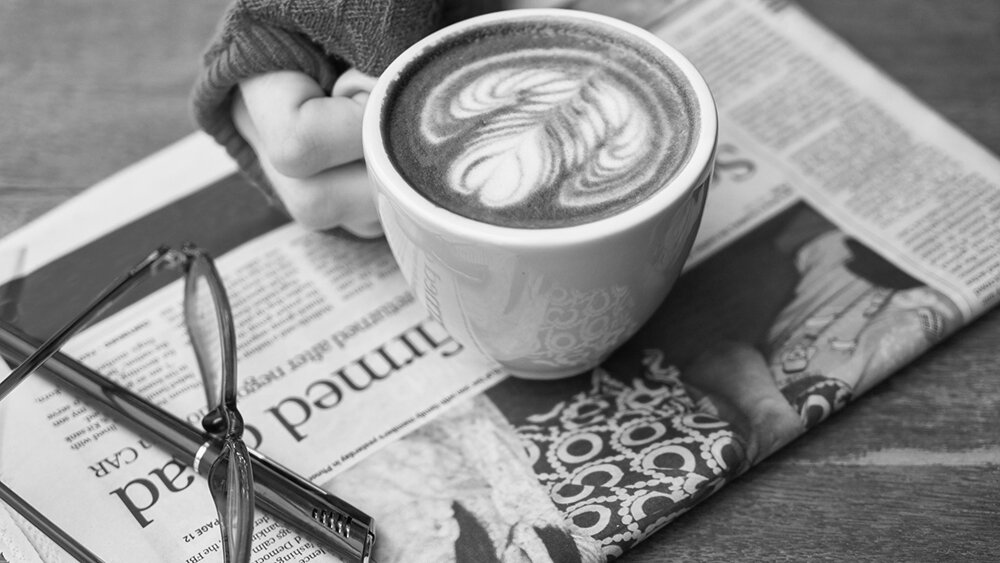
A hand holds a coffee cup with latte art, resting on a folded newspaper. Via Pixabay.
It’s another weekend (according to the calendar anyway) which means it’s time for another Coffee News Roundup. Let’s see what’s been going on, shall we?
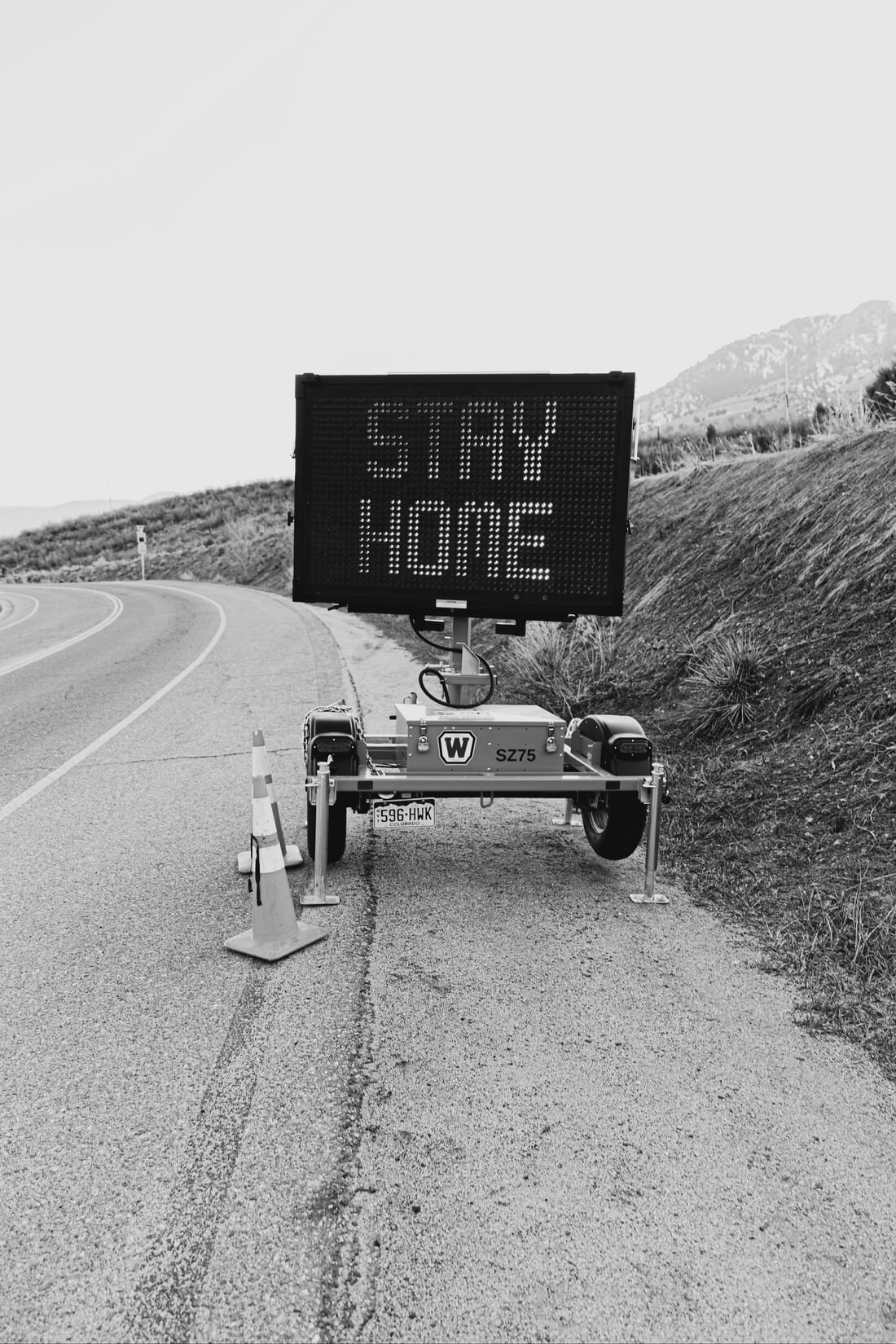
A temporary construction road sign that says STAY HOME. Via Unsplash.
Yes, we’re restarting this section, due to a few new bits and pieces that didn’t quite warrant their own headlines.
Caribou Coffee baristas staged a rally in Minnesota on Monday protesting a lack of protective equipment and hazard pay for those working during the coronavirus outbreak. The chain, which has 450 locations across the US—only 65 are closed according to the company—is owned by JAB Holdings, because of course. The company had estimated revenue of over $500 million in 2017.
“We’re seeing ‘essential workers’ in the coffee industry and fast food who are being paid the same low wages that they always have, and being asked to risk their health, especially when companies don’t provide adequate personal protective equipment or contactless service,” said Eli Edleson-Stein, lead organizer with the Restaurant Opportunities Center of Minnesota, a nonprofit organization advocating for restaurant workers.
Daily Coffee News has published a survey of coffee producers in South America to get their take on the COVID-19 pandemic. Conducted by Caravela Coffee’s PECA program, the survey asked farmers about the issues they face and envision facing during the coffee harvest.
“It’s interesting to observe that the pandemic, more than showing the impact of COVID-19 in coffee-growing communities, is highlighting the structural issues that each country faces,” the authors write. “For instance, lack of labor seems to be a bigger issue in Colombia and Peru than in Ecuador, as farms in the first two countries are generally bigger and more productive, thus more reliant on outside labor to be able to pick all their coffee.”
After news of massive fraud at purported Starbucks challenger Luckin Coffee broke in early April, shares in the company sank more than 90%. Now, the “scandal-hit chain” is under increased scrutiny after China’s State Administration for Market Regulation raided its offices.
According to Reuters, the raid came after a request from the Securities and Exchange Commission in the United States, which is conducting its own investigation.
Is any of this interesting? It’s all a bit cloak-and-dagger, which is certainly intriguing, and it’s given rise to some cross-party calls for regulation among US politicians, which is ironic.
The blaming of one executive and some of his staff for the fraud is also a bit fishy, especially when many of the news reports just say things like “some of its employees cooked its books”. A person who has spent most of the past two months at home with nothing to do but watch detective shows might think something bigger is afoot.
I don’t think I want to buy the most concentrated coffee in the world. I can barely handle regular coffee.
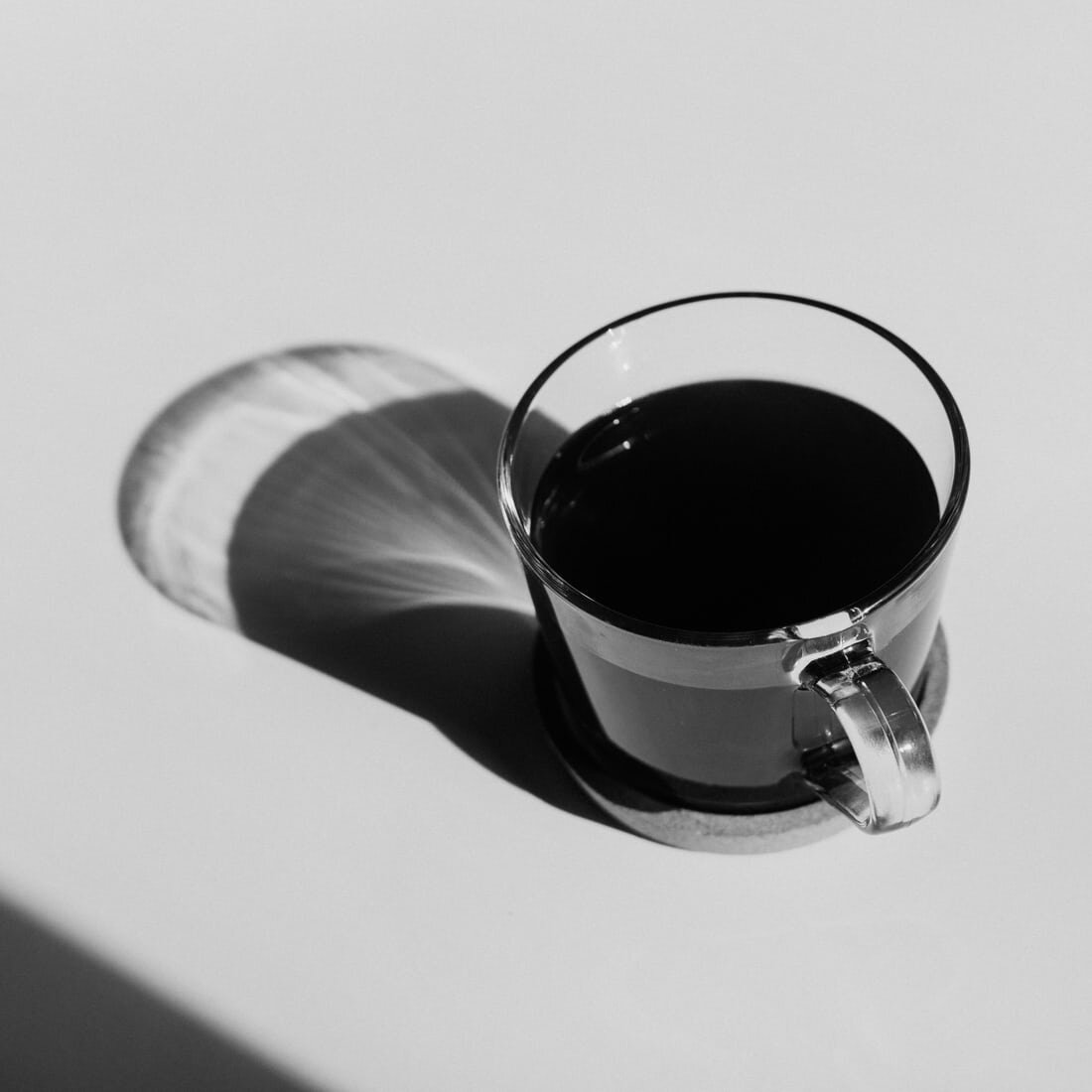
A glass cup of black coffee sits on a table in the sunshine. Via Unsplash.
Jot, the maker of this weirdness, uses something called “reverse gravitational extraction process” to brew its concoction, which it says is 20 times more concentrated than regular coffee. Again, not sure why.
“Heat and oxygen are the two biggest enemies of fresh coffee,” said co-founder Palo Hawken, “and we have found a way to extract efficiently while managing those ‘enemies’ to the degree needed to maintain rich, nuanced clarity of flavor over many weeks of storage and use.”
I suppose the point is that you can take a tablespoon (that’s one serving, apparently) and mix it into a glass of ice water and boom—iced coffee. Or something approximating iced coffee.
They claim it’s less wasteful, because apparently “the coffee engineers at Jot figured out how to increase the yield of each Fair Trade bean by 30 percent” and its long storage life means it won’t go bad.
Or, I don’t know, you could just make a cup of coffee when you need it.
Does Jot count? I feel like Jot counts.
It is! Well, it’s good for your heart. And filter coffee is better for your heart than the other kinds.
A new study by researchers in Norway—as Sprudge says, “because of course the Scandinavians would be the ones to scientifically prove filter’s superiority”—found that, of the participants in the study, those who drank filter coffee had a 15% decreased risk of dying prematurely from “cardiovascular disease, ischemic heart disease, or stroke.”
French press drinkers shouldn’t be too worried, because the study found that the decreased risk in those who drank non-filter coffee was 4% in men and 9% in women. So, drinking coffee is still a good idea.
The reason for this decrease? According to the study (via Sprudge) it may have something to do with diterpenes, a phytochemical that have been shown to raise cholesterol levels. Diterpenes can be present in coffee oils, but they find it difficult to pass through the thicker paper filters of the Chemex or Kalita Wave.
But wait, there’s more! Coffee could also lower the risk of chronic kidney disease (CKD), according to a new systematic review and meta-analysis reported in the European Journal of Internal Medicine. In the pooled data of over 25,000 participants in four studies, “coffee drinkers had a significant 13% decreased risk of incident CKD compared with nondrinkers.”
On the downside, the authors note that “the exact mechanisms that could lead to the reno-protective effect of coffee are not known with certainty and further investigations are required.” But isn’t that the case with most of these studies?
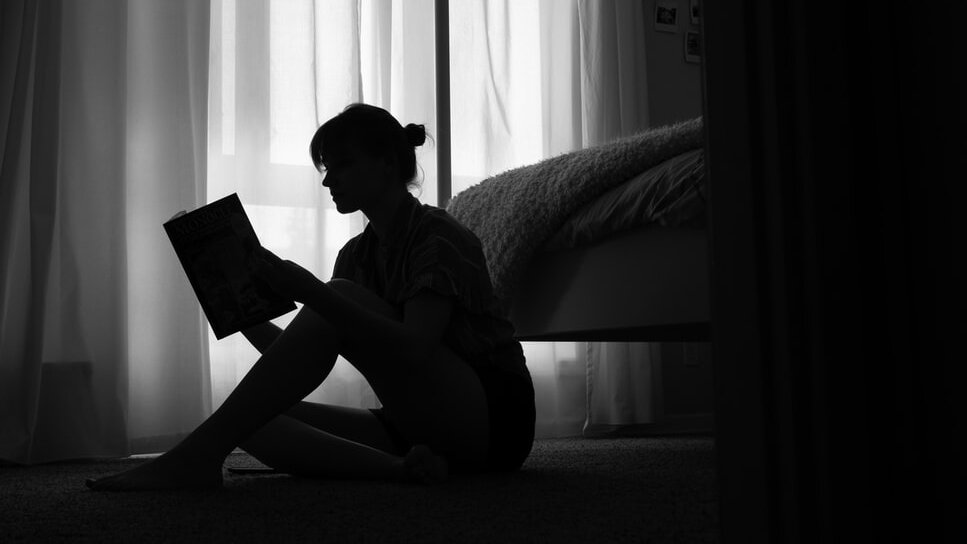
A person sits on the floor reading a book. via Unsplash
How COVID-19 May Affect The Chain As Brazil Heads Into Harvest by Jonas Ferraresso
In 1950, Americans Had Aspic. Now We Have Dalgona Coffee by Shirley Li
Until next week, drink good coffee. Filtered, if possible. And then, please, wash your hands.
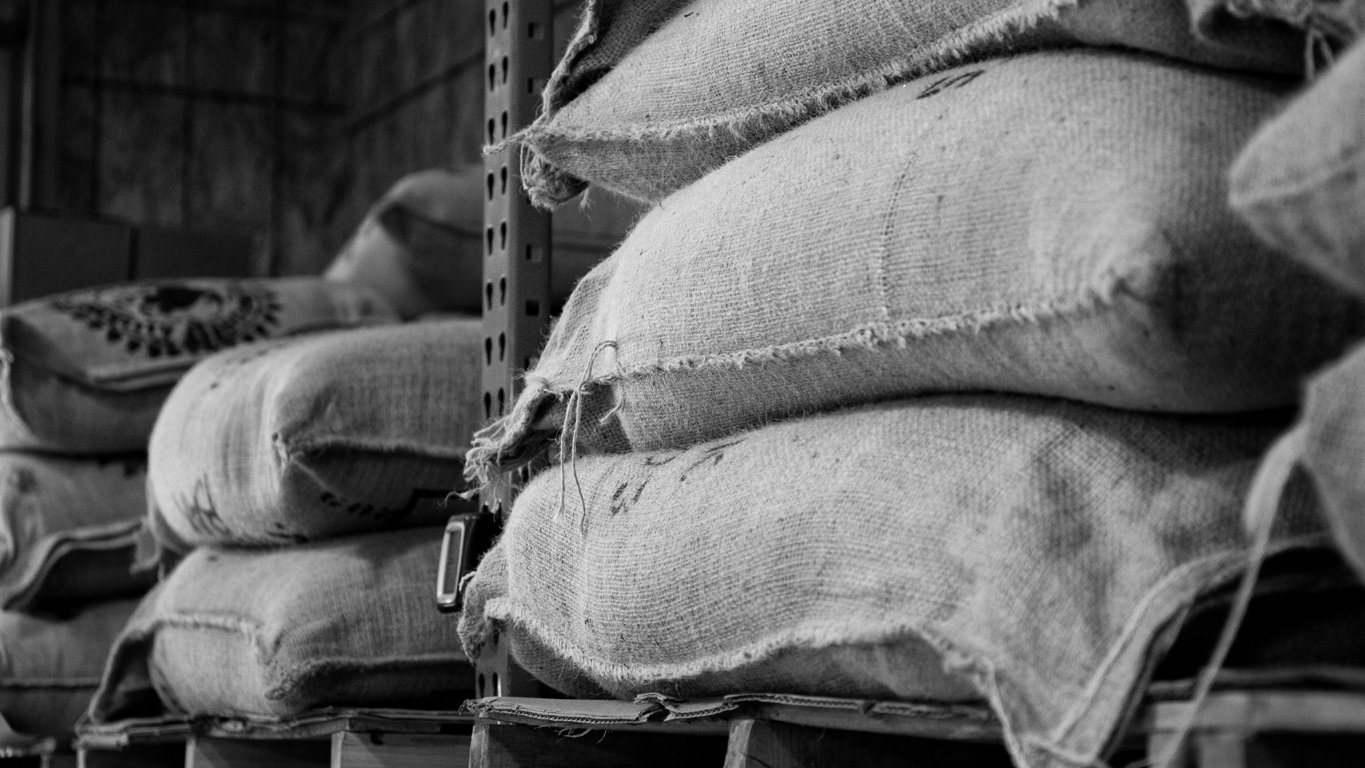
Nov 24, 2023 Connecting the Dots: Inside the 2023 Coffee Barometer Nov 24, 2023 Nov 24, 2023
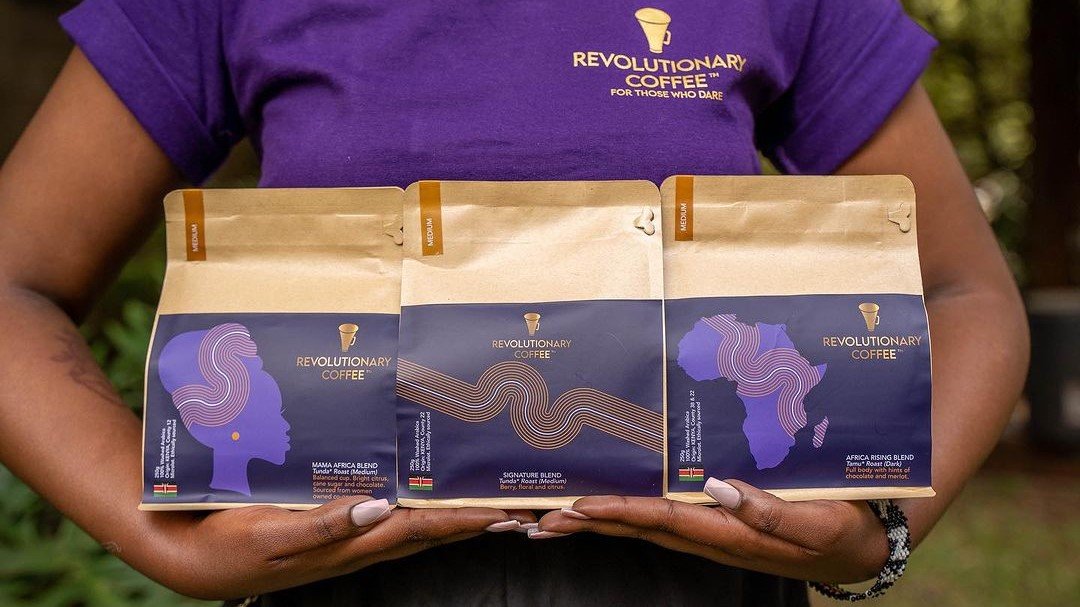
Oct 21, 2023 'Specialty Coffee Should be Enjoyed by Those Who Grow It': The Farmer's Daughter Joining Kenya's Coffee-drinking Revolution Oct 21, 2023 Oct 21, 2023
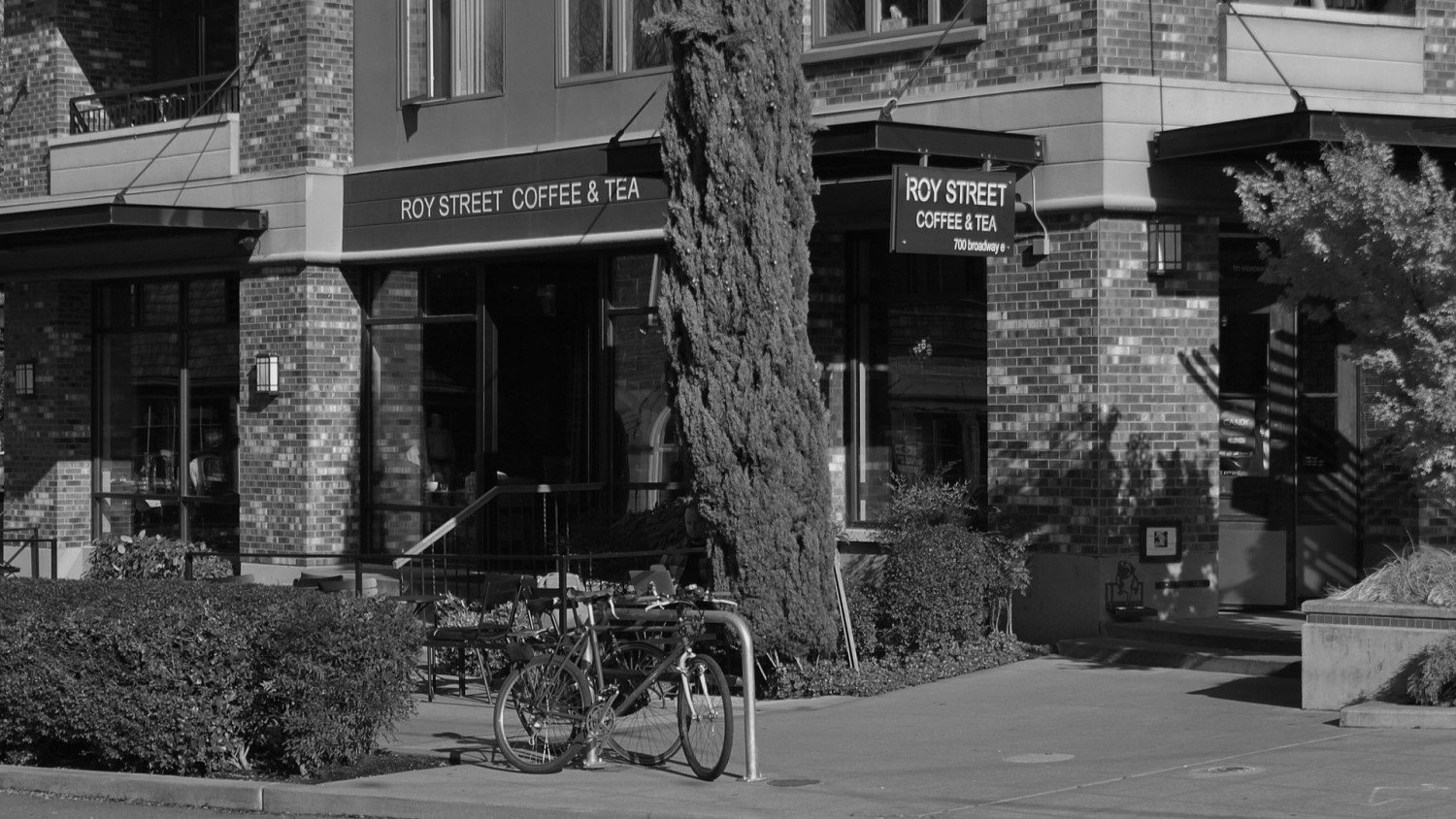
Oct 6, 2023 Stealth Starbucks: A Premonition of Modern Specialty Coffee Oct 6, 2023 Oct 6, 2023
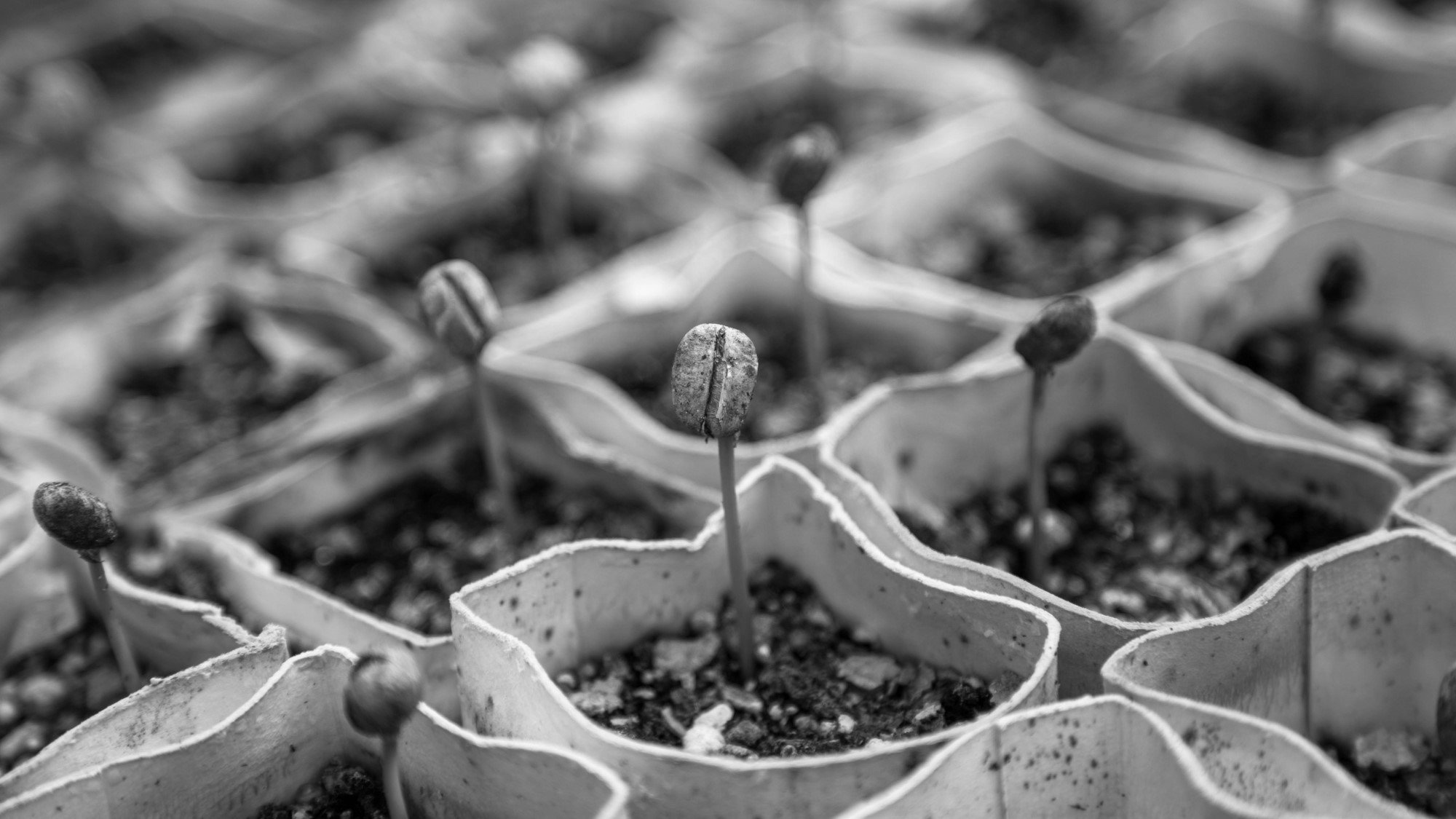
Sep 22, 2023 Can the Coffee Change Fund Save Coffee? Sep 22, 2023 Sep 22, 2023
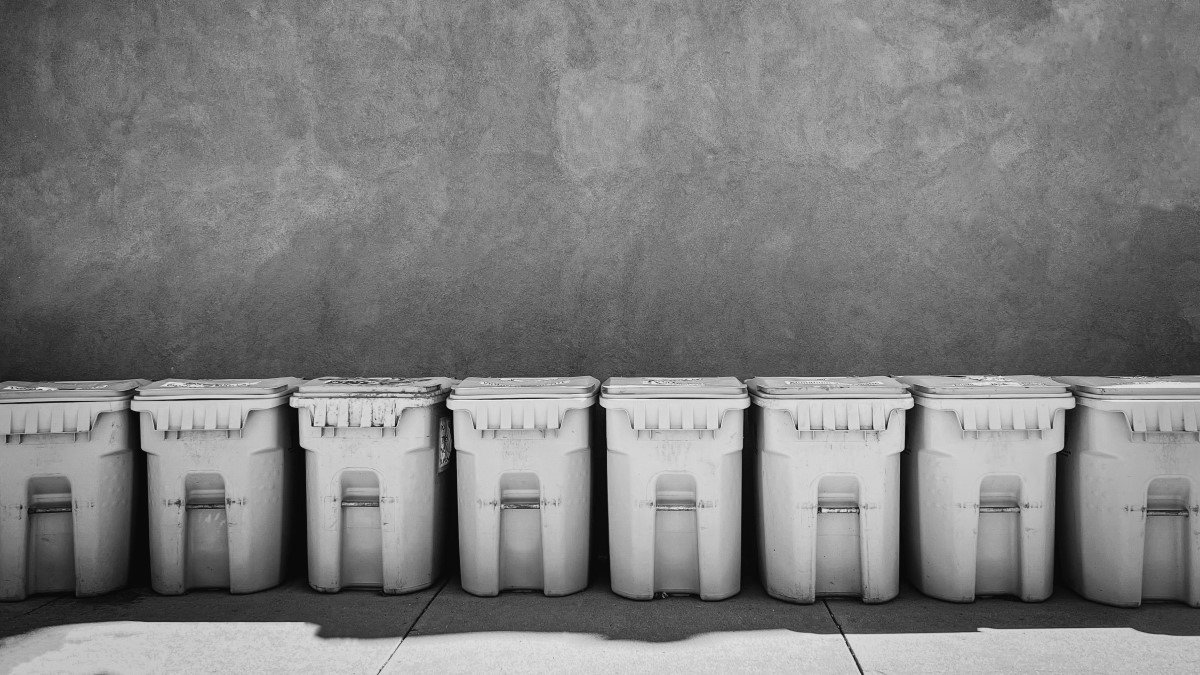
Sep 8, 2023 Upcycled Coffeewashing Sep 8, 2023 Sep 8, 2023
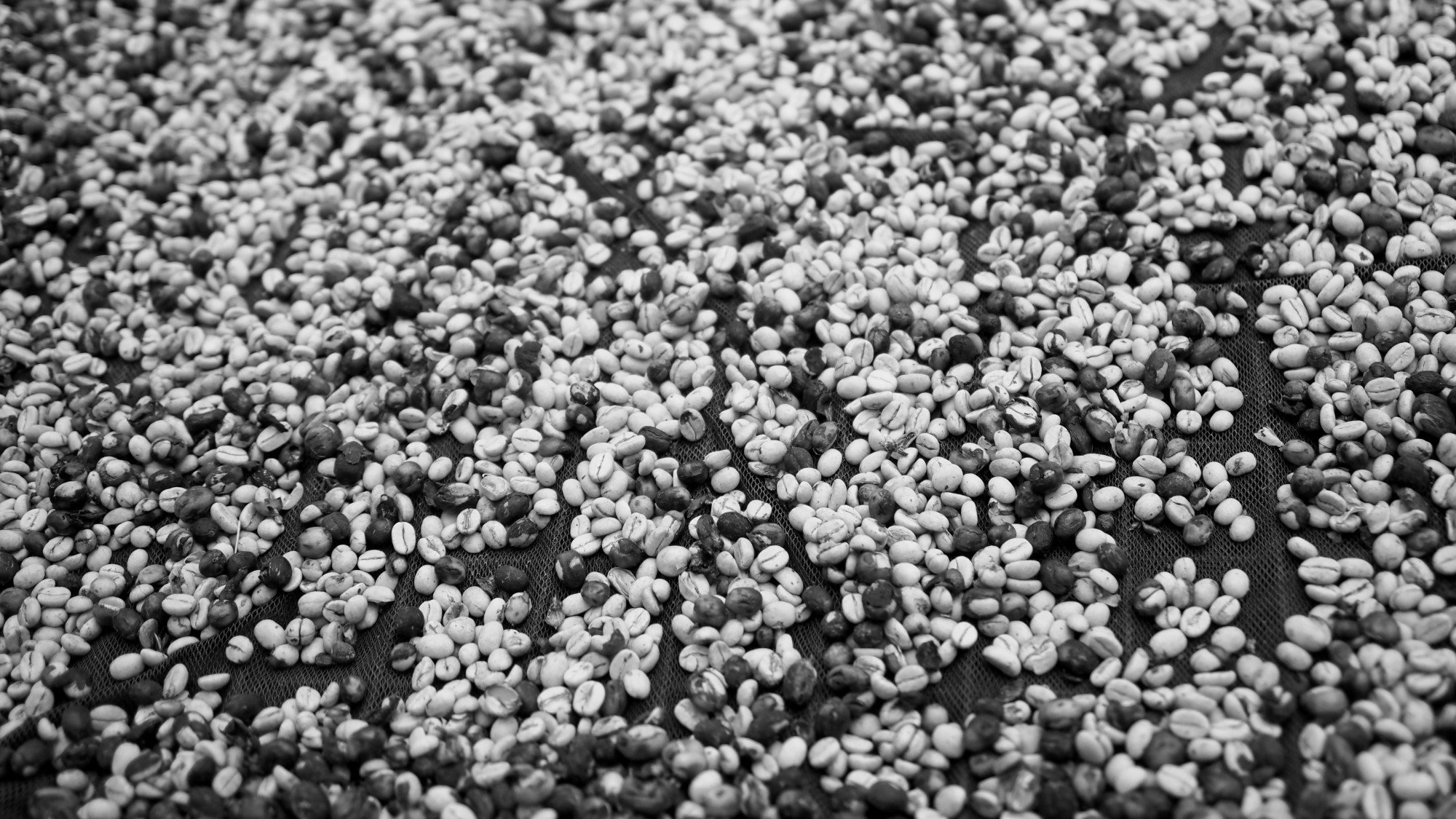
Aug 25, 2023 From A Concerned Farmer Aug 25, 2023 Aug 25, 2023
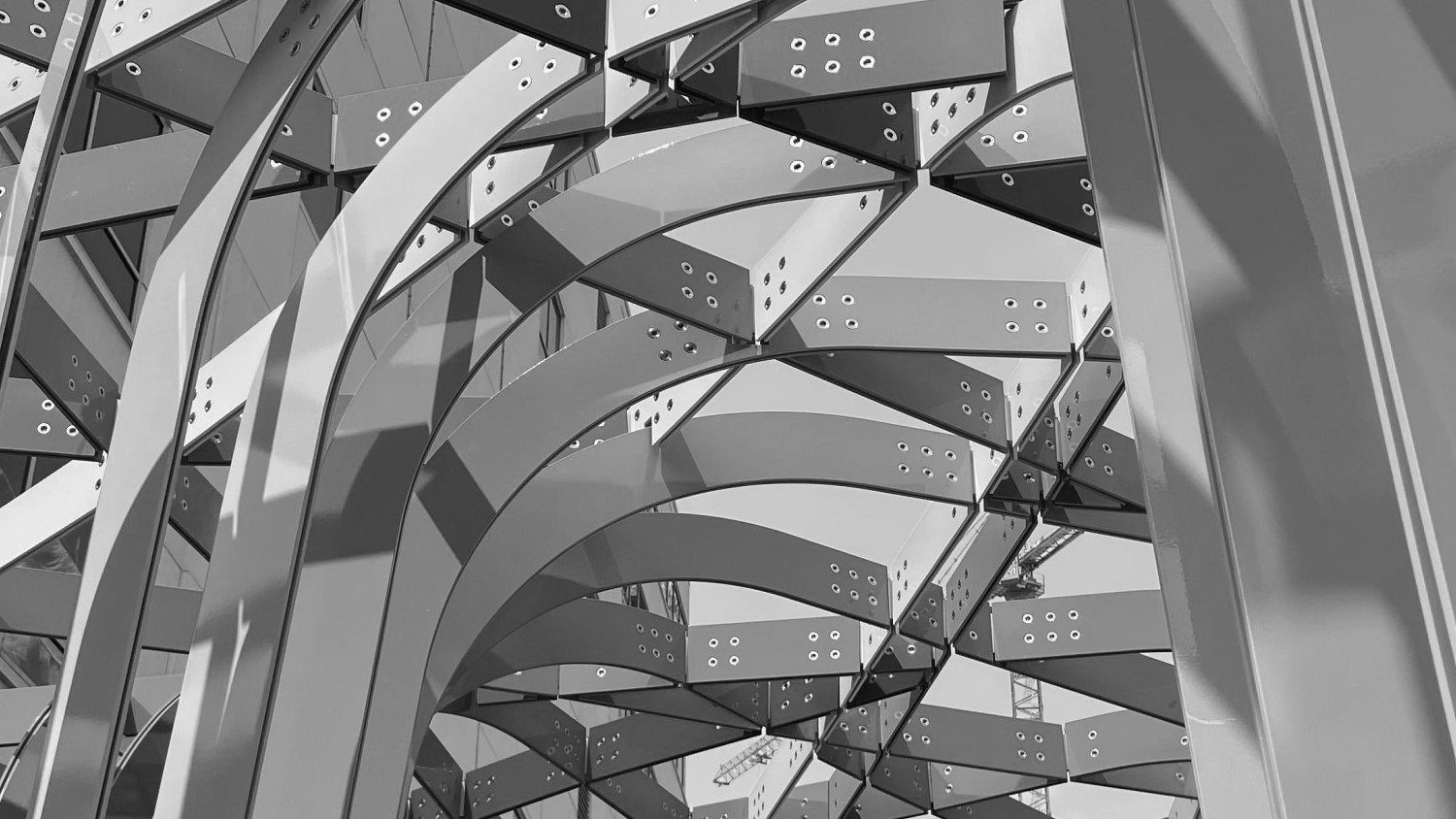
Aug 11, 2023 Philly is a (Coffee) Union Town Aug 11, 2023 Aug 11, 2023
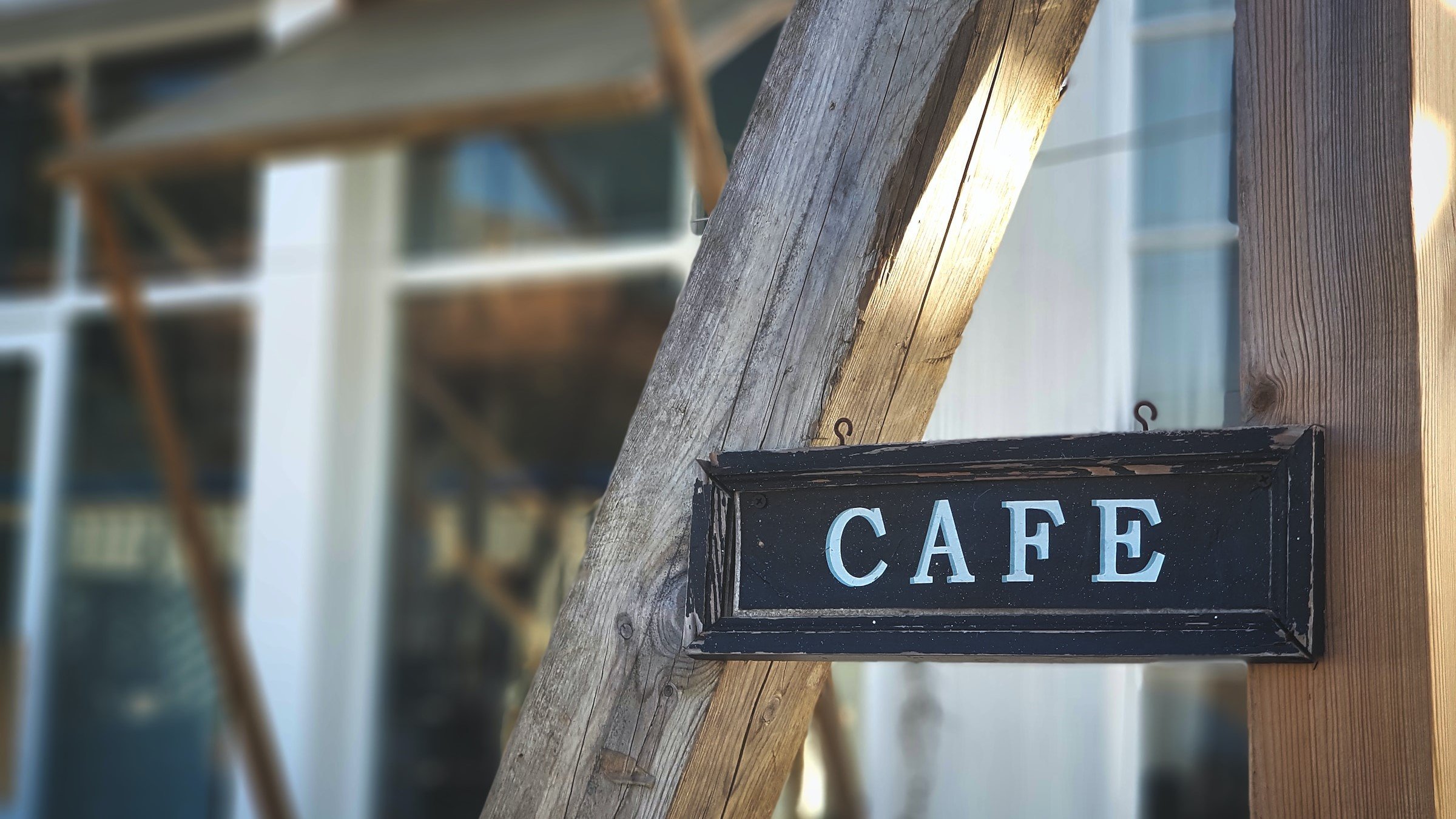
Jul 28, 2023 South Korea's Coffee Wars Jul 28, 2023 Jul 28, 2023
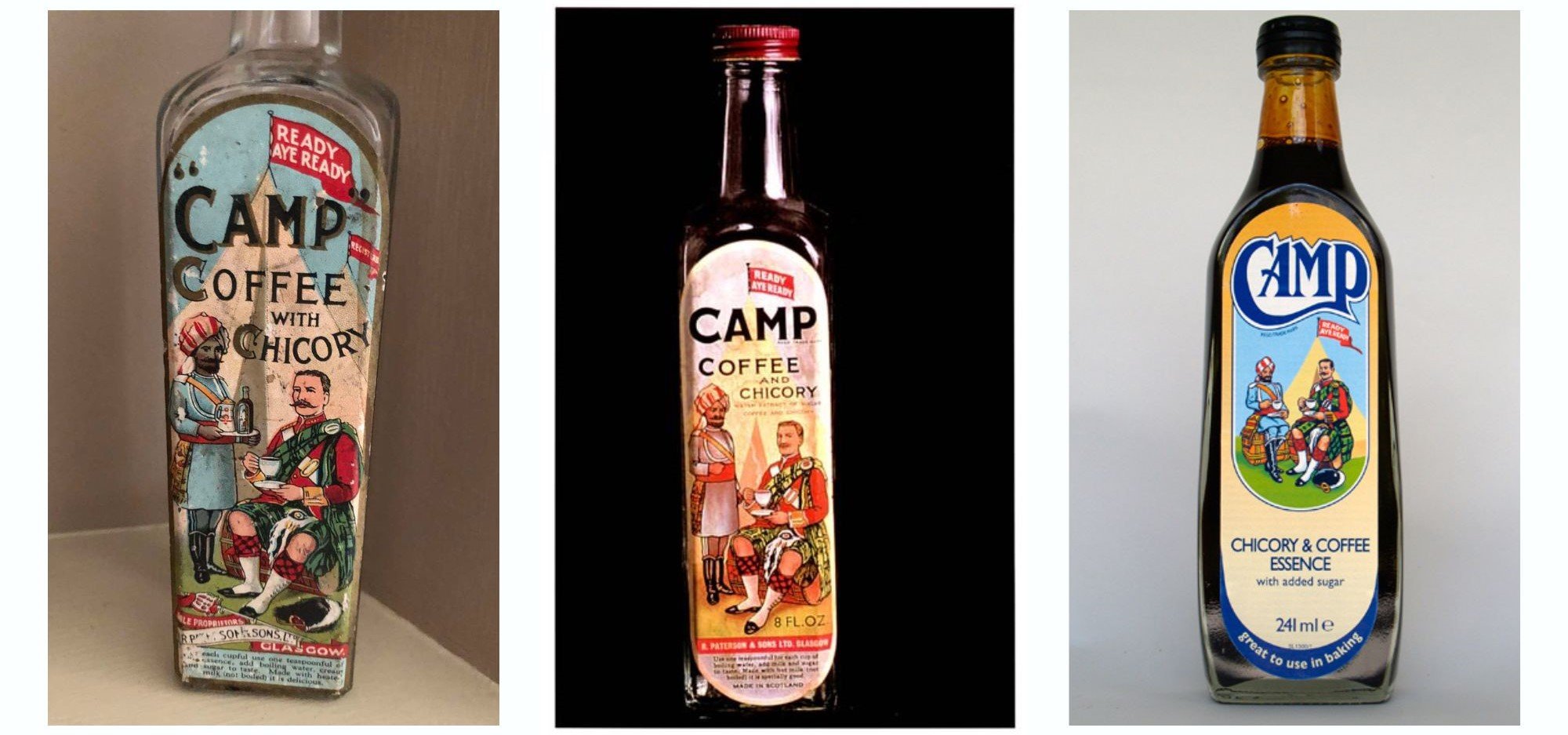
Jul 14, 2023 Camp Coffee, Colonialism, and the Evolution of a Brand Jul 14, 2023 Jul 14, 2023
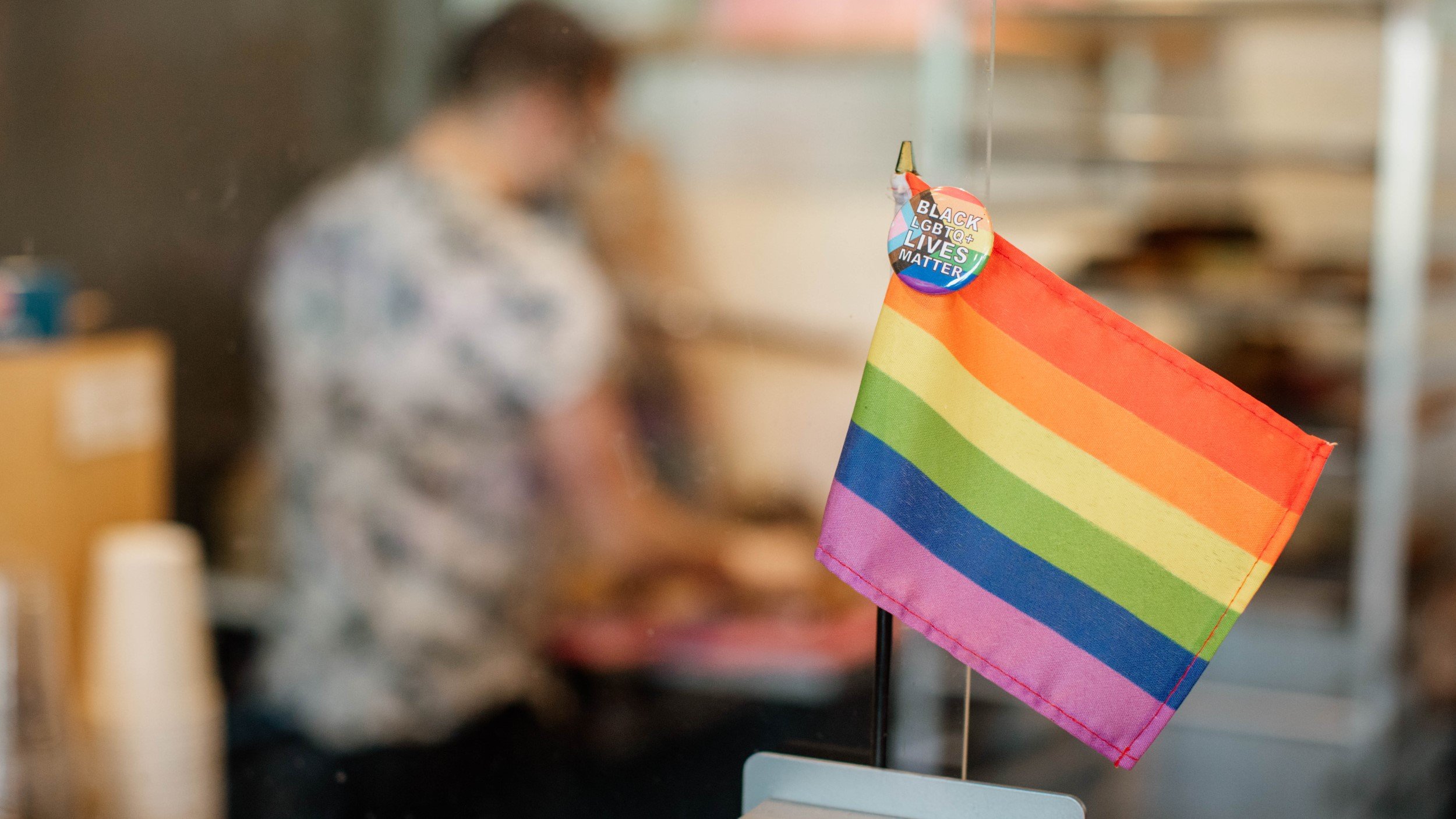
Jun 30, 2023 Defiance and Gay Frog Donuts: How Strange Matter Coffee is Navigating the Anti-LGBTQ+ Backlash Jun 30, 2023 Jun 30, 2023
A newsletter about coffee—its culture, politics, and how it connects to the wider world.